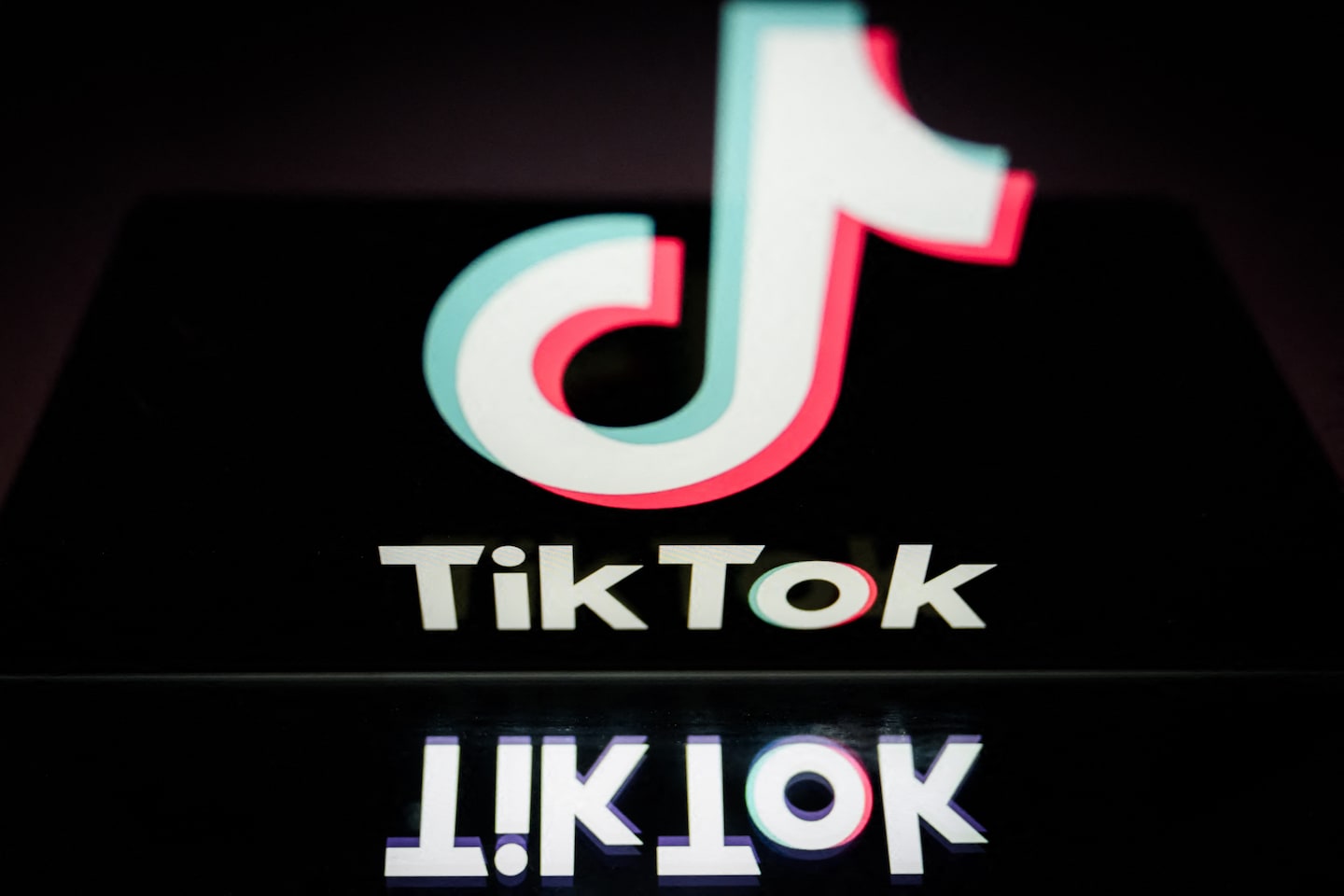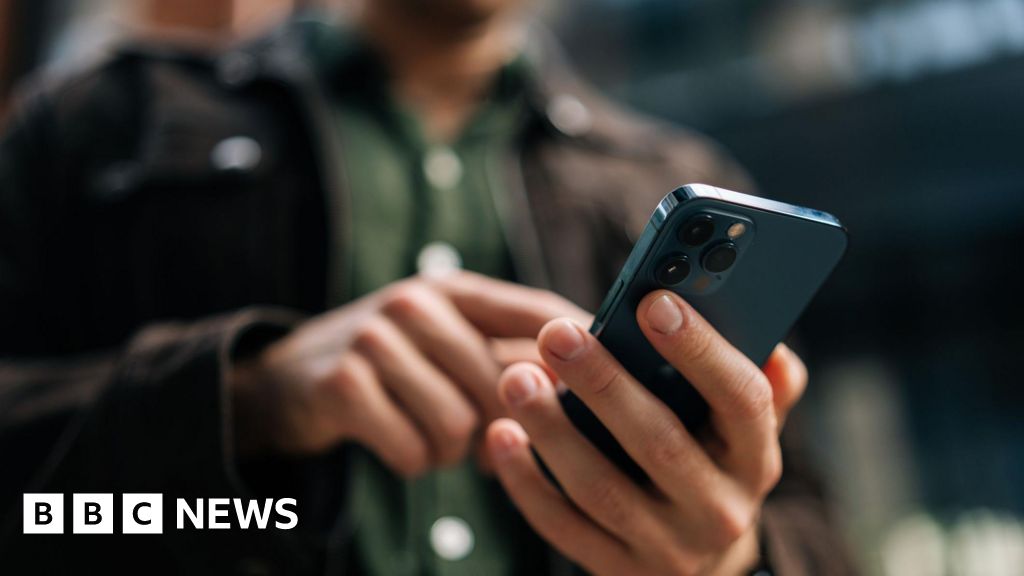
TikTok users flood Congress with calls over potential ban
- Science
- March 7, 2024
- No Comment
- 153
Individual House offices have since received hundreds of calls from TikTok users, at times fielding upward of 20 a minute, according to seven congressional aides, who spoke on the condition of anonymity to describe the outreach. The volume has been so immense that some offices resorted to temporarily shutting off phones, two aides said, while others struggled to field calls.
The episode comes as lawmakers attempt to advance legislation explicitly targeting TikTok and other apps lawmakers accuse of being “controlled” by foreign adversaries, such as China. The proposal could force TikTok’s China-based parent company to sell off the app or block it entirely in the United States.
TikTok officials have said repeatedly that the company is not influenced by the Chinese government, and that its owner, ByteDance, is 60 percent owned by international investors.
The measure is the latest in a long series of bills that seek to give the federal government more power to boot out apps from the U.S. that it deems a security threat — with some expressly naming TikTok. But those measures have faced pushback from civil liberties groups who say they are unconstitutional and would infringe on millions of users’ rights to free expression online.
Rep. Raja Krishnamoorthi (D-Ill.), who backed the legislation, said in an X post on Thursday that the effort was a “massive propaganda campaign.” He said the bill was not a ban, and that they wanted “TikTok to remain available, under new ownership” and “free from the [Chinese Communist Party’s] influence.”
On Thursday, some users who opened the app were shown a full-screen message saying that Congress was “planning a total ban of TikTok” and encouraging users to “stop a TikTok shutdown.”
“Let Congress know what TikTok means to you and tell them to vote NO,” the screen read, above a red “Call Now” button.
When a user pressed the button, the app showed a pop-up asking the user for their Zip code and then naming their local congressional district and representative. TikTok, like other social media apps, collects information on users’ rough locations via their IP addresses but does not use more precise GPS data.
The app also sent users a push notification saying, “TikTok is at risk of being shut down in the US. Call your representative now.”
Some congressional aides said the TikTok users bombarding their offices with calls skewed young, while others said they appeared to range in age from teens to senior citizens.
TikTok spokesman Alex Haurek told The Washington Post that the prompt was sent only to voting-age users who are 18 or older. The screen did not force users to call their congresspeople, he said, and it could be easily closed, via an “X” button, or swiped away.
Haurek declined to say how many users had been shown the pop-up but said it was being sent across the United States and was not being targeted to any specific location or congressional district.
Rep. Mike Gallagher (R-Wis.), who introduced the measure with Krishnamoorthi, said the pop-up was an “example of an adversary-controlled application lying to the American people and interfering with the legislative process in Congress.”
TikTok is not the first tech company to try to flex its technology for political outcomes. In 2014, the ride-sharing app Uber, then facing resistance from government transportation agencies, sent a notification to users in Virginia that called on them to demand changes — and even included the phone number and email address of a local official who’d pushed to halt the firm’s operations.
In 2020, Uber and a similar app, Lyft, sent notifications to California users encouraging them to vote yes on Proposition 22, a ballot measure that would allow the companies to continue classifying their drivers as contractors instead of employees. The measure won with 58 percent of the vote.
#TikTok #users #flood #Congress #calls #potential #ban









